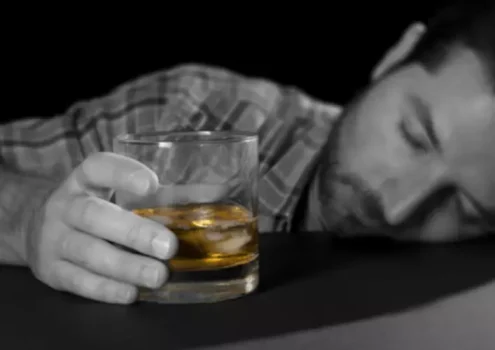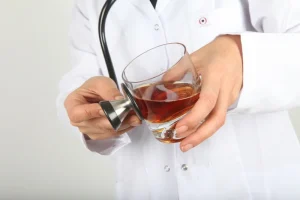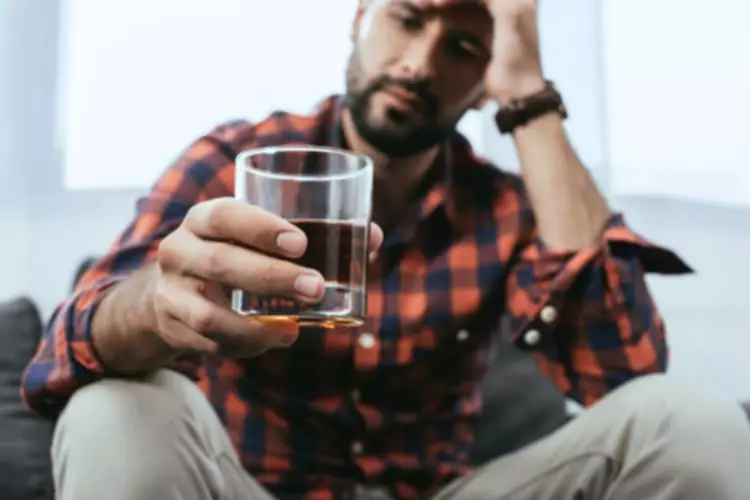Living with Alcohol Intolerance & Allergies

This is the same chemical involved in allergic reactions in the body. Unfortunately, nothing can prevent reactions to alcohol or ingredients in alcoholic beverages. To avoid a reaction, avoid alcohol or the particular substance that causes your reaction. Having a mild intolerance to alcohol or something else in alcoholic beverages might not require a trip to a doctor. Simply avoid alcohol, limit how much you drink or avoid certain types of alcoholic beverages.
Why Am I Developing Alcohol Sensitivity?

If you’ve ever experienced anaphylaxis after drinking beer, it’s important that you determine which ingredient caused it so you can avoid it all together. Ask your doctor if you should carry a prescription epinephrine pen. If you have symptoms of an allergy after drinking beer, you should see your doctor. They can help determine if you’re allergic to a specific ingredient in the beer.
Is alcohol intolerance the same as an alcohol allergy?
Allergies can also have symptoms that are similar to those of colds, flu, and COVID-19. However, the presence or absence of certain symptoms, such as fever, upset stomach, and body aches, can help you determine which condition you have. If symptoms are getting worse, you have swelling, or you have breathing trouble, go to an ER. Follow your allergy action plan if you have one, which may include using an EpiPen. Visit NY Allergy & Sinus Centers for a full personalized treatment plan.
- An OFC happens in the doctor’s office and involves eating the suspected food allergen to see if a reaction happens.
- Lastly, alcohol is a diuretic, meaning it increases urine production and can lead to dehydration.
- While most people can tolerate sulfites in foods, there are some who are especially sensitive to them and may experience an asthma attack.
- Sorghum or sorghum malt are the most common causes of beer allergy.
- People with mold or yeast allergies may have an allergic reaction to the brewer’s yeast used to make fermented beverages like beer, wine, and hard cider.
- For example, you may be allergic to red grapes in red wine, preservatives like sulfites, or to gluten in some beers.
Alcohol Allergies and Intolerance
Many of alcohol’s natural properties can worsen allergy symptoms, according to Purvi Parikh, M.D., an allergist with the Allergy & Asthma Network. It is unclear if distilled alcohol made from corn is safe for people with corn allergies. To date, there is little strong evidence of this, though distillation is likely to leave behind only negligible amounts of the proteins from the corn, if any.


You may also have other symptoms, such as nausea, vomiting, diarrhea, dizziness, heart flutters, and a stuffy or runny nose. The FHE Health team is committed to providing accurate information that adheres to the highest standards of writing. This is part of our ongoing commitment to ensure FHE Health is trusted signs of beer allergy as a leader in mental health and addiction care. People should note, however, that its authors do not propose that this means that alcohol causes allergies. One study of 948 individuals found that 7.2% self-reported wine intolerance. Your donation can make a difference in the future of healthcare.
- A beer allergy is a type of food allergy, so the effects are similar.
- If you believe that you or someone else is suffering from a beer allergy or intolerance, we advise you to contact a medical professional immediately and call 999.
- It’s possible to develop a beer allergy at any point in your life.
- You should also call a healthcare provider if over-the-counter (OTC) medicines aren’t controlling your symptoms or causing more than mild side effects.
A person experiencing a severe allergic reaction should go to the emergency room immediately. If a person thinks they have an alcohol allergy, they should eliminate alcohol from their diet and consult with a healthcare professional. The enzyme diamine oxidase breaks down histamine that people consume from foods and beverages. If people do not produce enough of this enzyme, they may not break down histamine efficiently, which may lead to intolerance symptoms.

What are symptoms of alcohol intolerance?
- If you have a severe reaction and carry an EpiPen (epinephrine), use it and call 911.
- For those who prefer non-alcoholic options, there are plenty of creative mocktails and non-alcoholic beverages available too.
- If you weren’t tired before you started drinking, or became quickly tired after you started, you might be having an allergic reaction.
You may not need to see a doctor if you have a mild intolerance to alcohol or something else in alcoholic beverages. You may simply need to avoid alcohol, limit how much you drink, or avoid certain types of alcoholic beverages. However, if you have a serious reaction or severe pain, see your doctor. Also, if your symptoms seem to be linked to an allergy or a medication you’re taking, see your doctor.
- People of East Asian descent are more likely to have the inherited genetic mutation that causes alcohol intolerance, so they develop the condition at higher rates.
- A proper diagnosis can help you manage your symptoms and prevent severe reactions.
- Even if you know alcohol makes you feel poorly, it can sometimes be hard to figure out the root cause of the problem.
